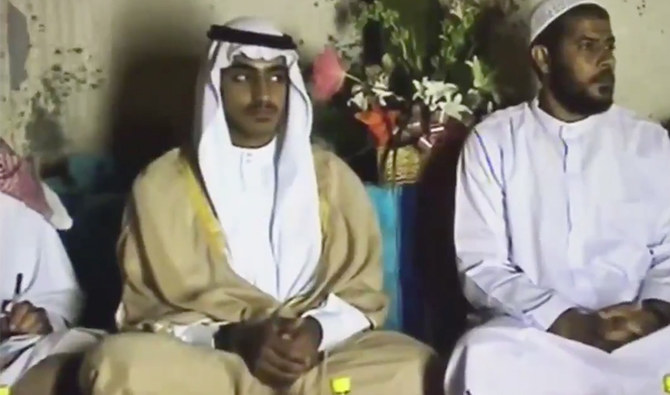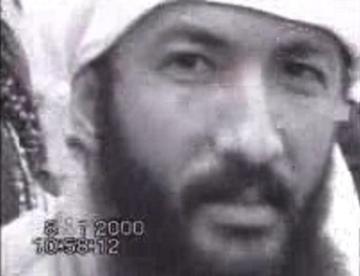ISLAMABAD/KABUL: Egyptian national Ayman Al-Zawahiri, 69, has died in Afghanistan likely of natural causes, several sources in Pakistan and Afghanistan told Arab News this week, just days after reports of the Al-Qaeda leader’s passing made the rounds on social media.
Zawahiri’s last appearance was in a video message on this year’s anniversary of the 9/11 attacks in the United States.
His death, if confirmed, opens up a deep leadership vacuum within Al-Qaeda as at least two senior commanders who would have been in line to replace him have been killed recently: Hamza bin Laden, a son of slain Al-Qaeda leader Osama bin Laden, who was killed in a US counter-terrorism operation, the White House announced last year; and Abu Muhamamd Al-Masri, believed to be Al-Qaeda’s second-in-command, who was killed in Iran this year, according to media reports.
Arab News spoke to at least four security sources in Pakistan and Afghanistan to confirm Zawahiri’s death. Two said he had died. All spoke off the record as they were not authorized to speak to the media on the issue.

Abdullah Ahmed Abdullah, alias Abu Muhammad Al-Masri, right, is sitting next to Hamza bin Laden, the son of slain Al-Qaeda chief Osama bin Laden, during Hamza's wedding with Al-Masri's daughter Maryam. The wedding is estimated to have been held in 2005 in Iran. (Photo courtesy: Alarabiya)
“He [Zawahiri] died last week in Ghazni,” an Al-Qaeda translator who still enjoys close ties with the group, told Arab News on Tuesday. “He died of asthma because he had no formal treatment.”
A Pakistani security official based in the tribal areas bordering Afghanistan also said Zawahiri had died.
“We believe he is no longer alive,” he said, declining to be named. “We are firm that he has died of natural causes.”
A source close to Al-Qaeda in Afghanistan told Arab News on Monday that the militant leader had passed away this month, November, and a limited number of followers had attended his funeral prayers.
The source did not clarify if the funeral prayers were held in absentia or offered as Zawahiri’s body was being buried.
“What we know is that he was having some breathing issues and has passed away somewhere in Afghanistan,” the Al-Qaeda source said.
A Pakistani security officer who is privy to ongoing anti-terror operations said: “We have received the same information that Zawahiri died about a month ago.”
The source declined to be named as he was not authorized to speak to the media on the subject.
Another Pakistani source, a civilian intelligence official, said Zawahiri’s last movements were inside Afghanistan where he was known to have been in “unstable” health. But the intelligence official could not confirm if he had died.
“To my knowledge he was extremely ill and had the issue of kidney failure,” the intelligence official said. “He was unable to manage his dialysis but I still need to confirm if he has died.”
US officials told the Associated Press this week they could not confirm reports of Zawahiri’s death but the US intelligence community was aware of the news and trying to determine its credibility.
A spokesman for Afghanistan’s National Directorate of Security spy agency told Arab News he had not heard about Zawahiri’s death and the organization had no comment on the matter.
Arab News has not been able to independently verify the claims by its sources in Pakistan and Afghanistan.
Although Al-Qaeda has been overshadowed in recent years by the rise of the Daesh group, it remains resilient and has active affiliates around the globe, a United Nations counterterrorism report issued in July concluded.

Saif Al-Adl, Al Qaeda's senior military strategist at an al Qaeda training camp in Afghanistan, January 2000. (Source: Wikipedia)
Among the top leaders of Al-Qaeda who are still at large and could succeed Zawahiri is Saif Al-Adl, who is a head of the militant group’s Shoura Council. Adl has been on the FBI’s list of Most Wanted Terrorists since its inception in 2001 and the State Department’s Rewards for Justice Program is offering up to $10 million for information on his location.
*With contributions from Naimat Khan in Karachi and Rehmat Mehsud in Peshawar












